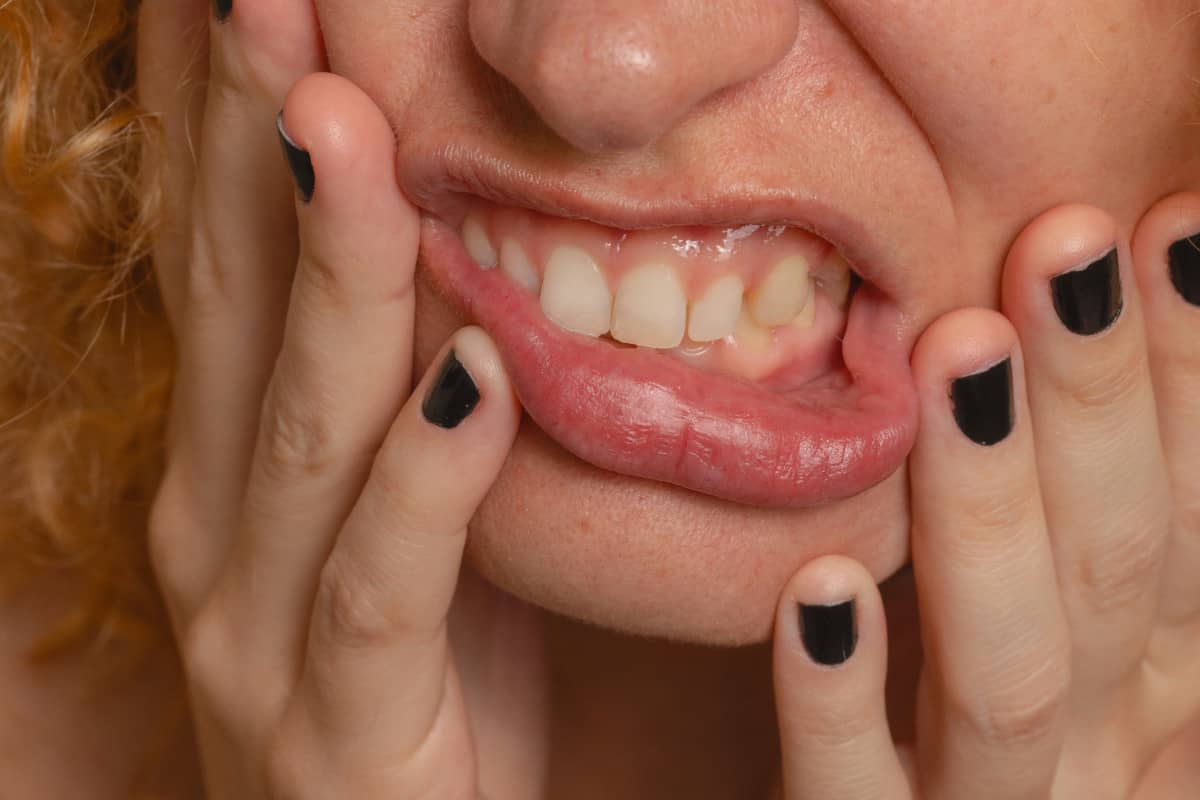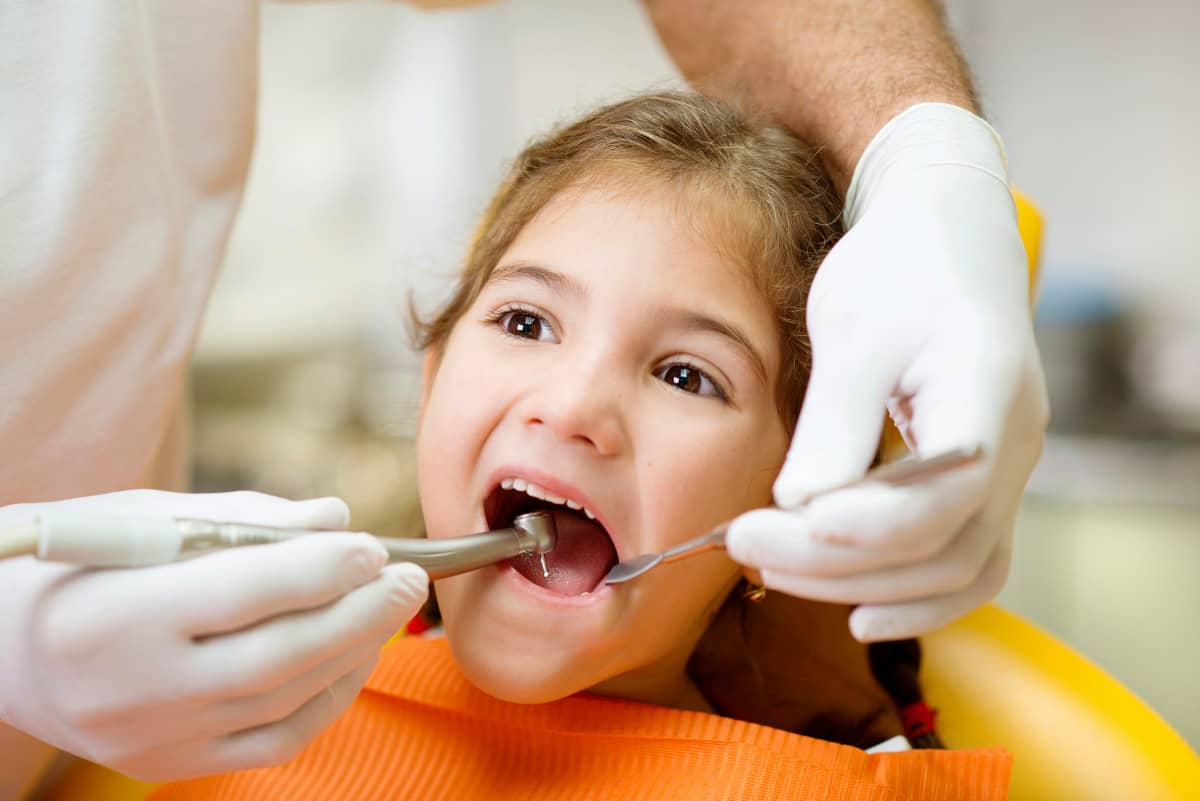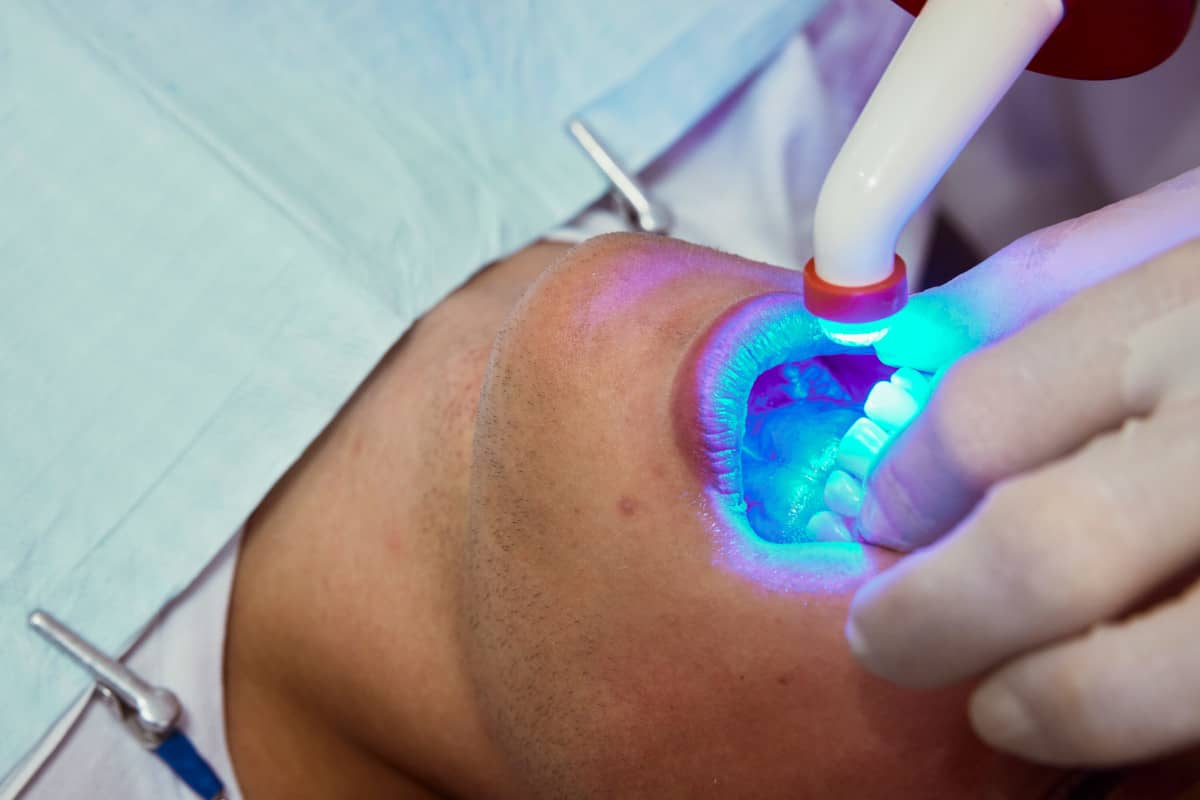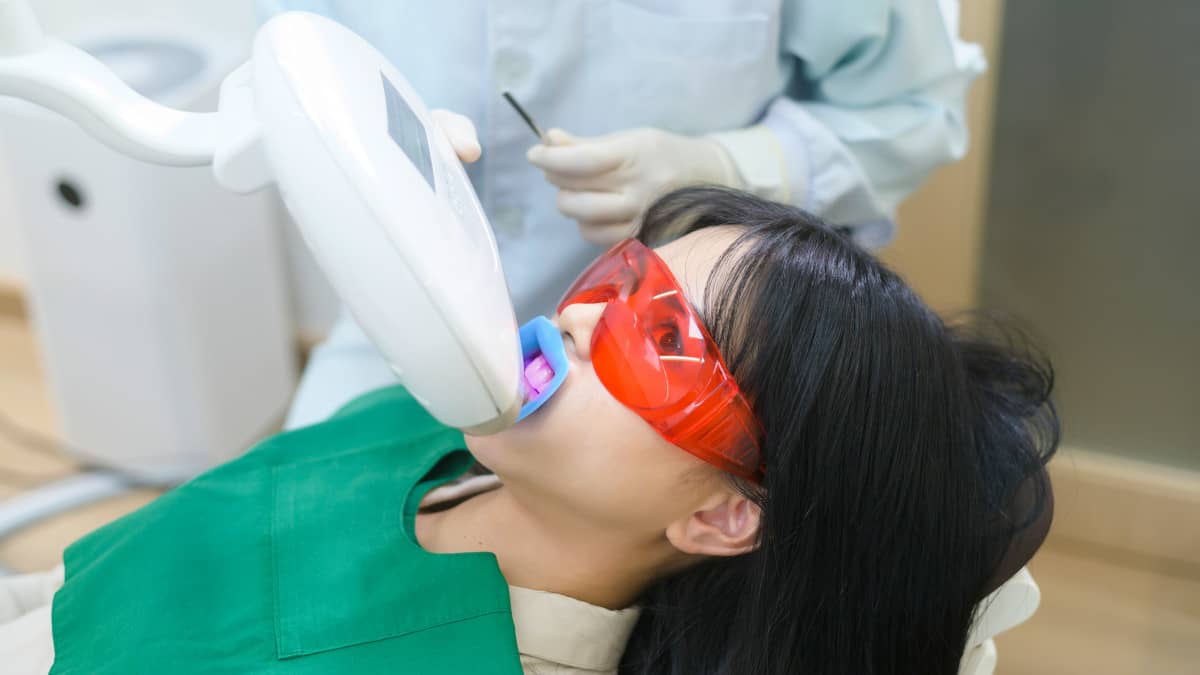Relationship between physical activity and dental health

This link between periodontal health and sports performance has been shown to exist.
An athlete with a diseased mouth will limit his or her performance. It is also linked to increased muscle fatigue and delayed recovery from muscle injuries.
Thus, for example, malocclusion (poorly closing the teeth) can lead to poor balance; jaw tension can be related to neck and back pain; and poor chewing can lead to a decrease in the athlete’s energy power.
Practical advice can be given on how dental health can help and improve physical exercise.
If you are starting out in physical activity:
- Before you start it is very important to have a proper medical check-up.
- It is advisable to explore any cardiovascular or metabolic risk related to metabolic syndrome.
- Remember the importance of a balanced diet.
- It is very important to maintain good oral hygiene, it is necessary to evaluate if there is an adequate chewing function.
- It is essential to detect the presence of caries and resolve them.
 If you are a regular sportsperson:
If you are a regular sportsperson:
- In the oral cavity there is an increased risk of dry mouth, increasing the risk of infections such as caries.
- Intake of sugary drinks and compounds during sport.
- Hyposalivation (lack of saliva) can occur in high intensity sports.
- A greater and stricter oral control is recommended for regular sportsmen and women.
- If you have had or have problems with your gums, a balanced diet rich in antioxidants and polyunsaturated fats and omega 3 protects against periodontitis.
- Regular aerobic exercise improves the response and adaptation to stress and inflammation, protecting against periodontitis.




